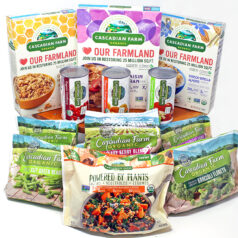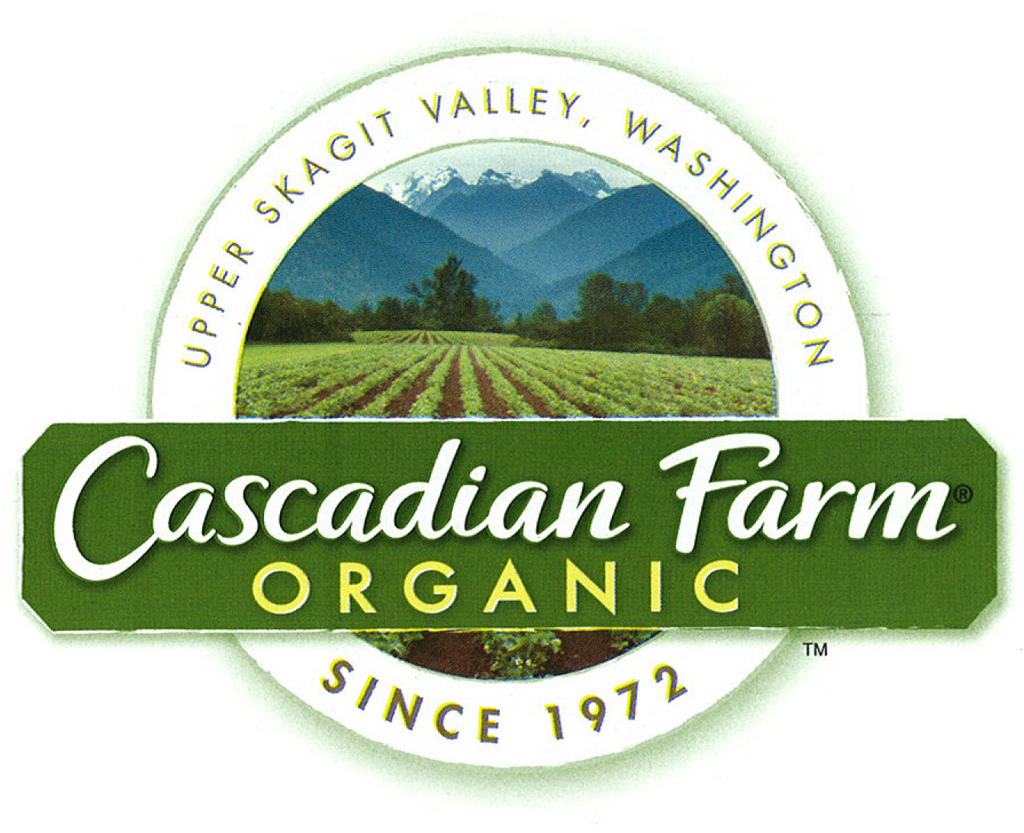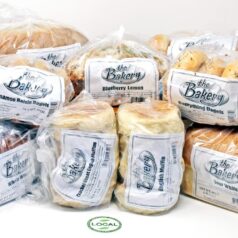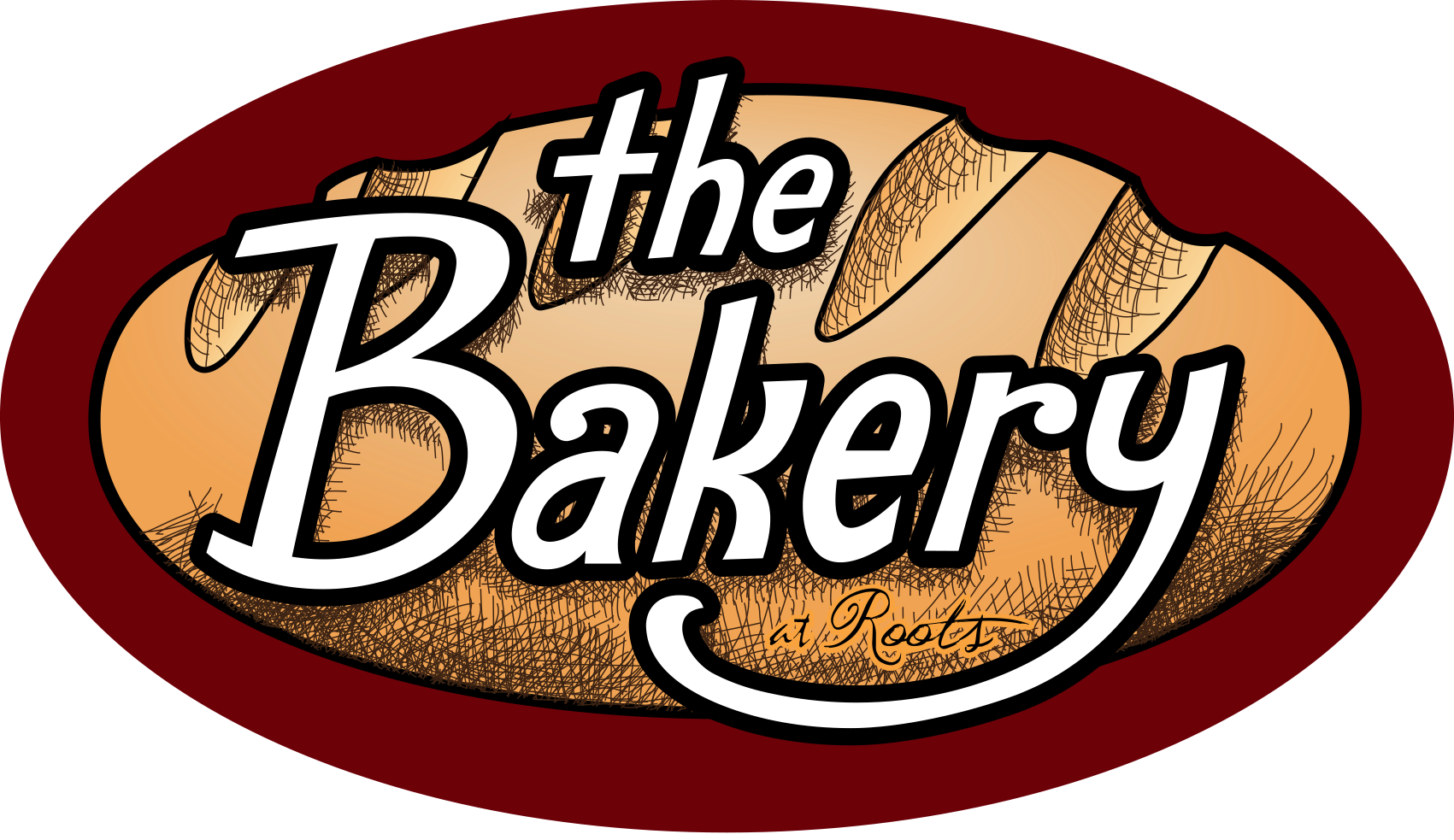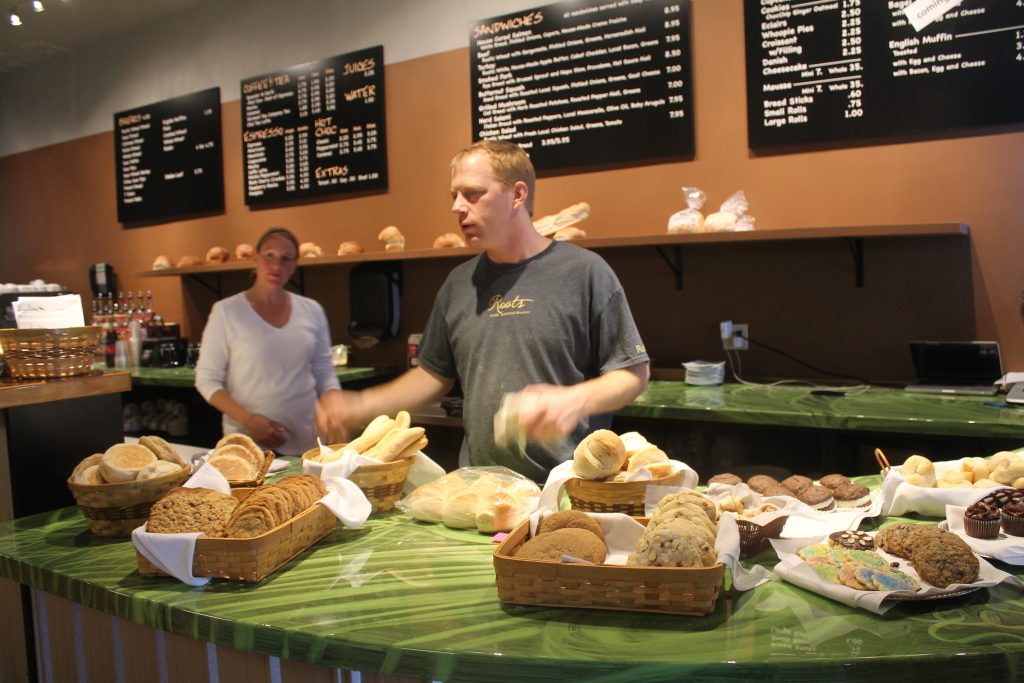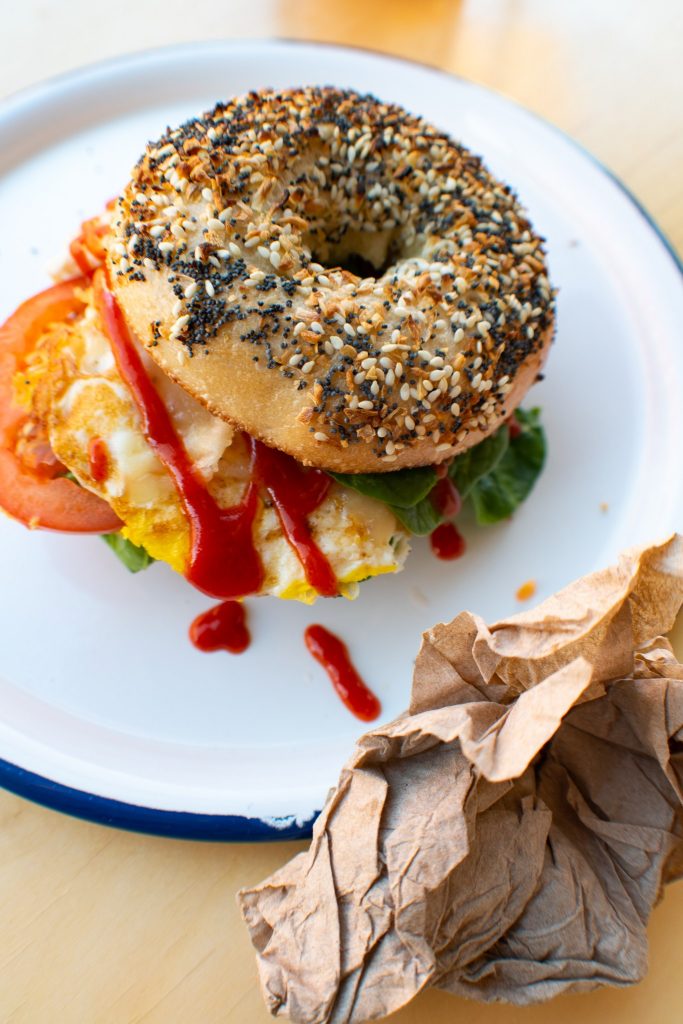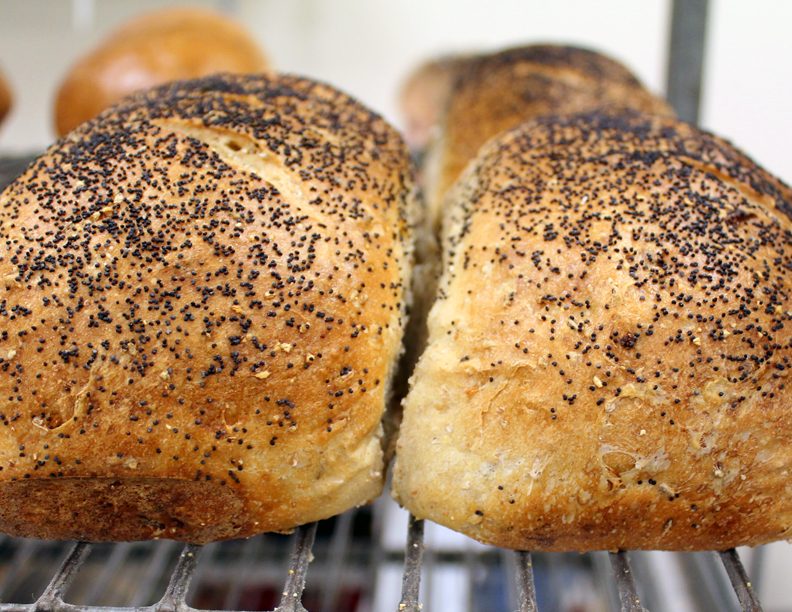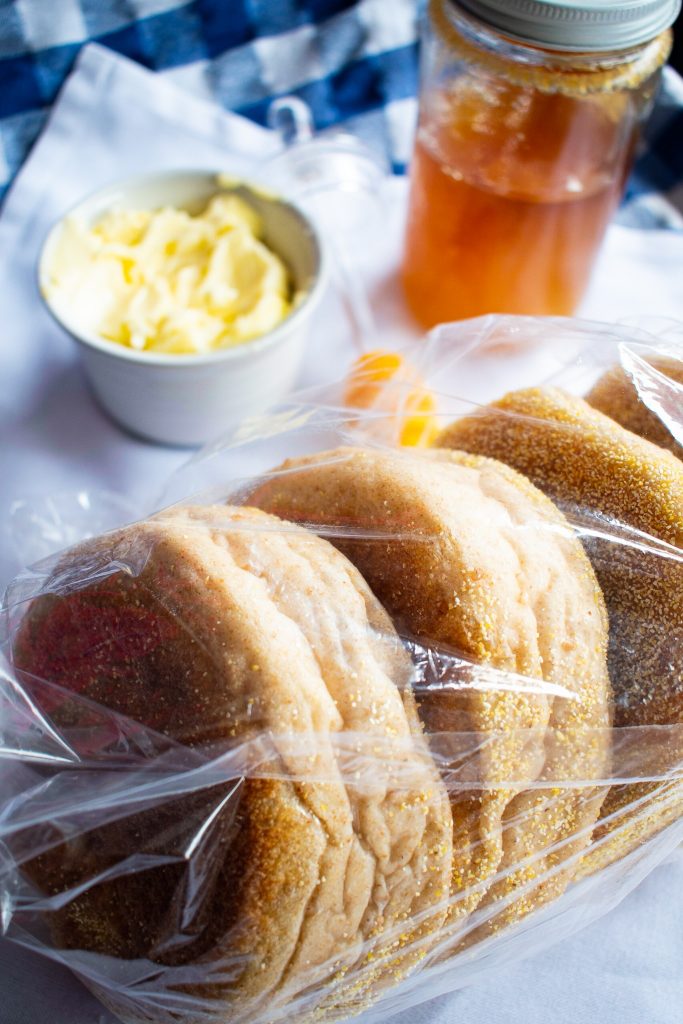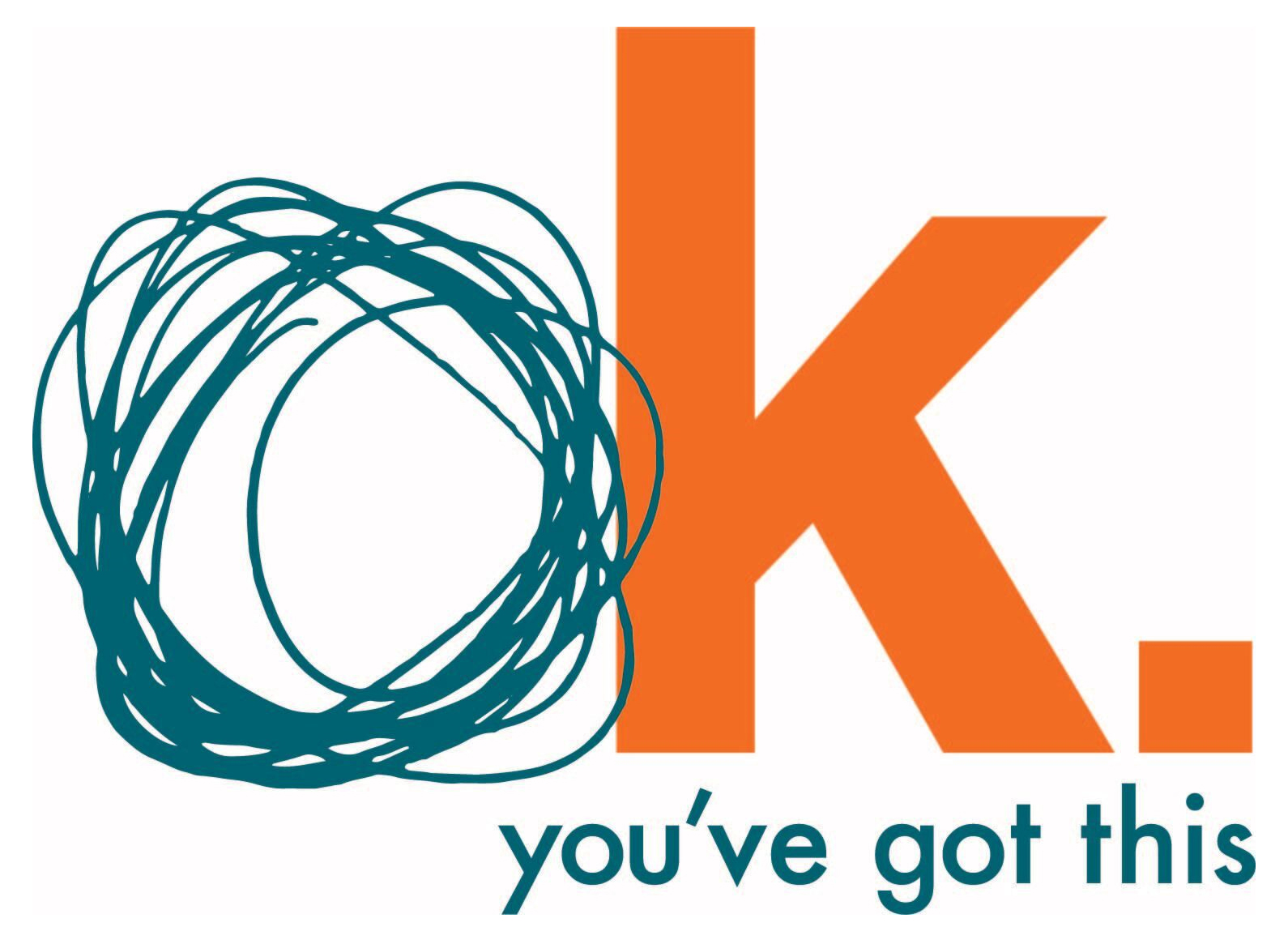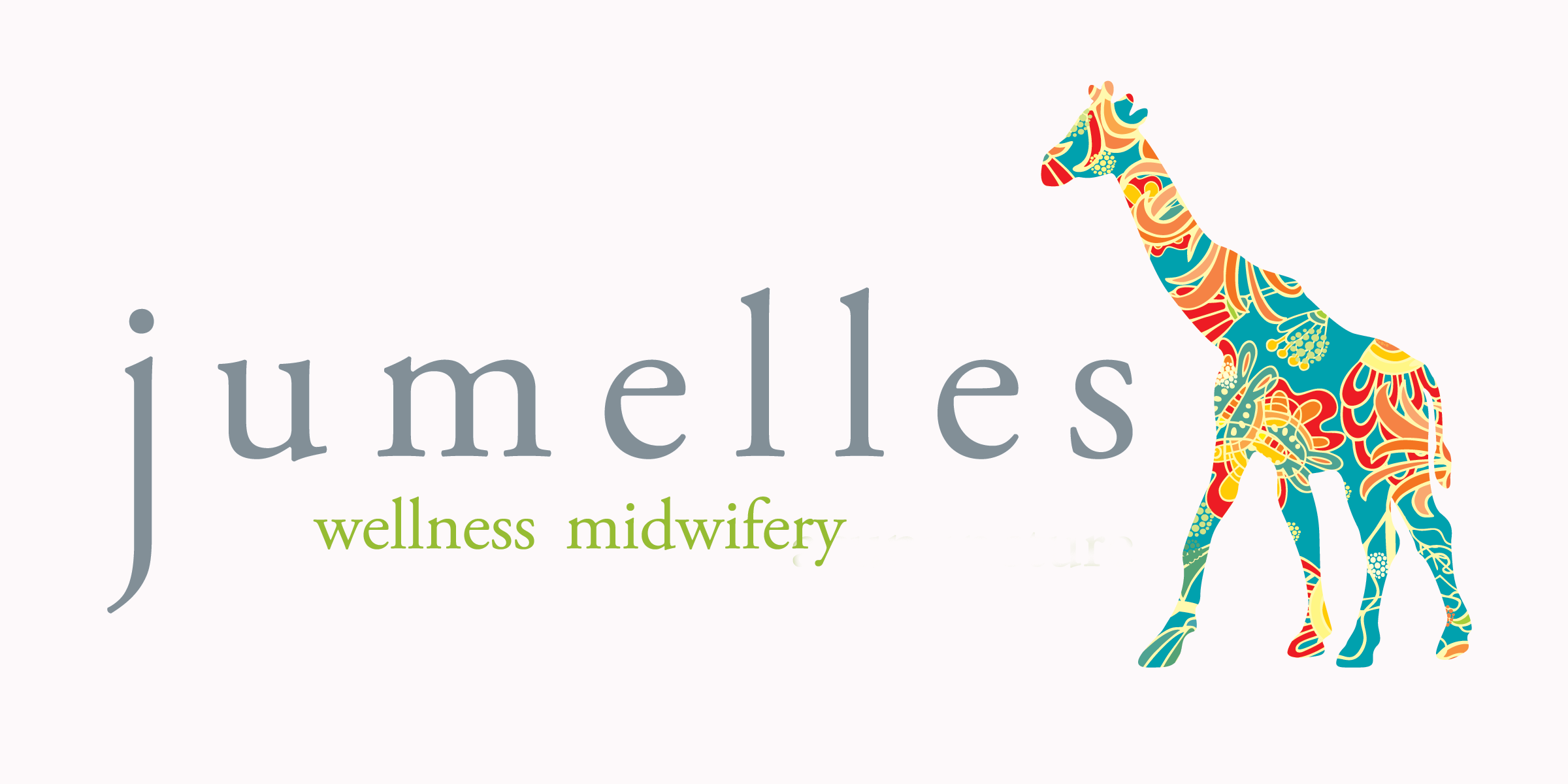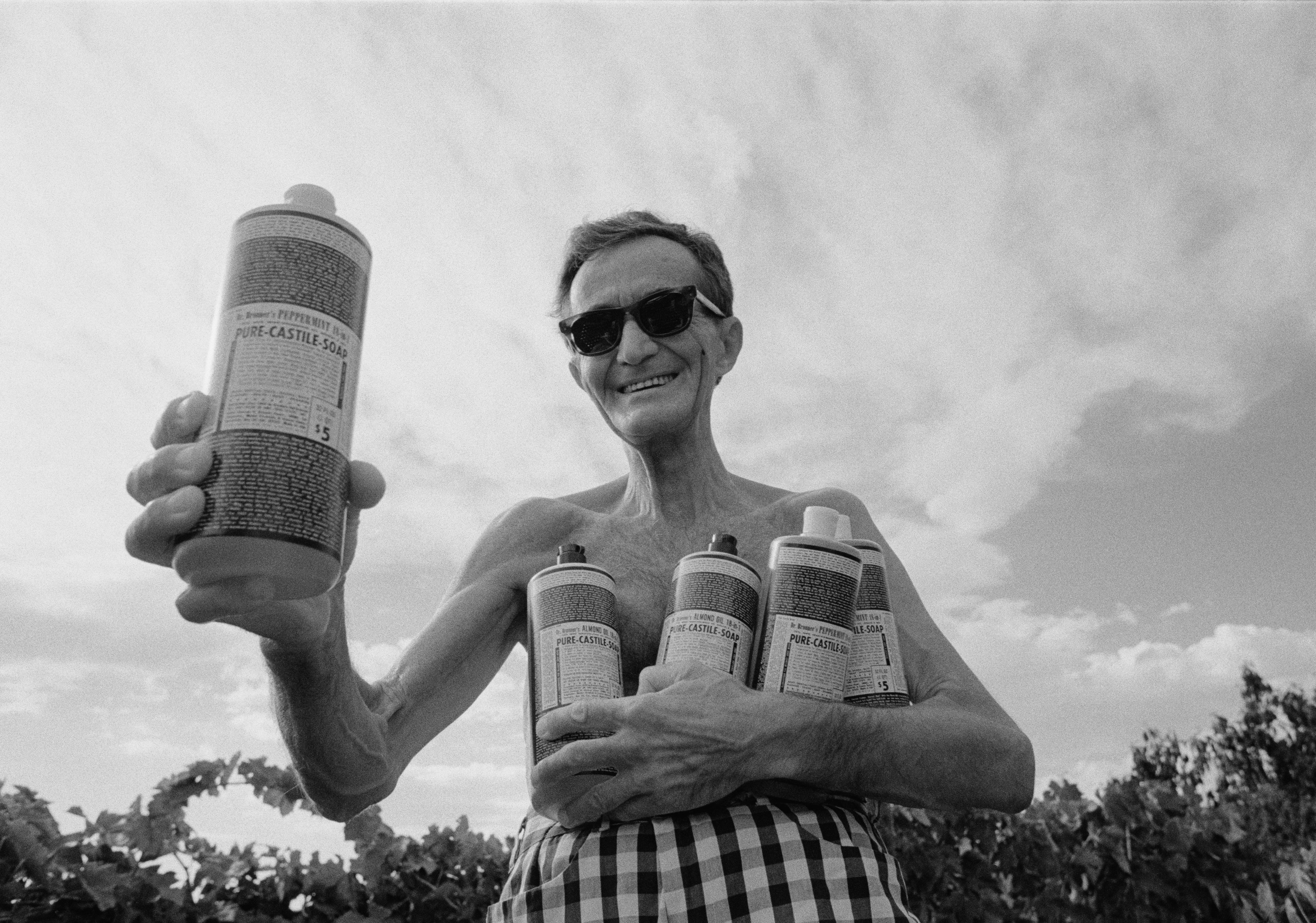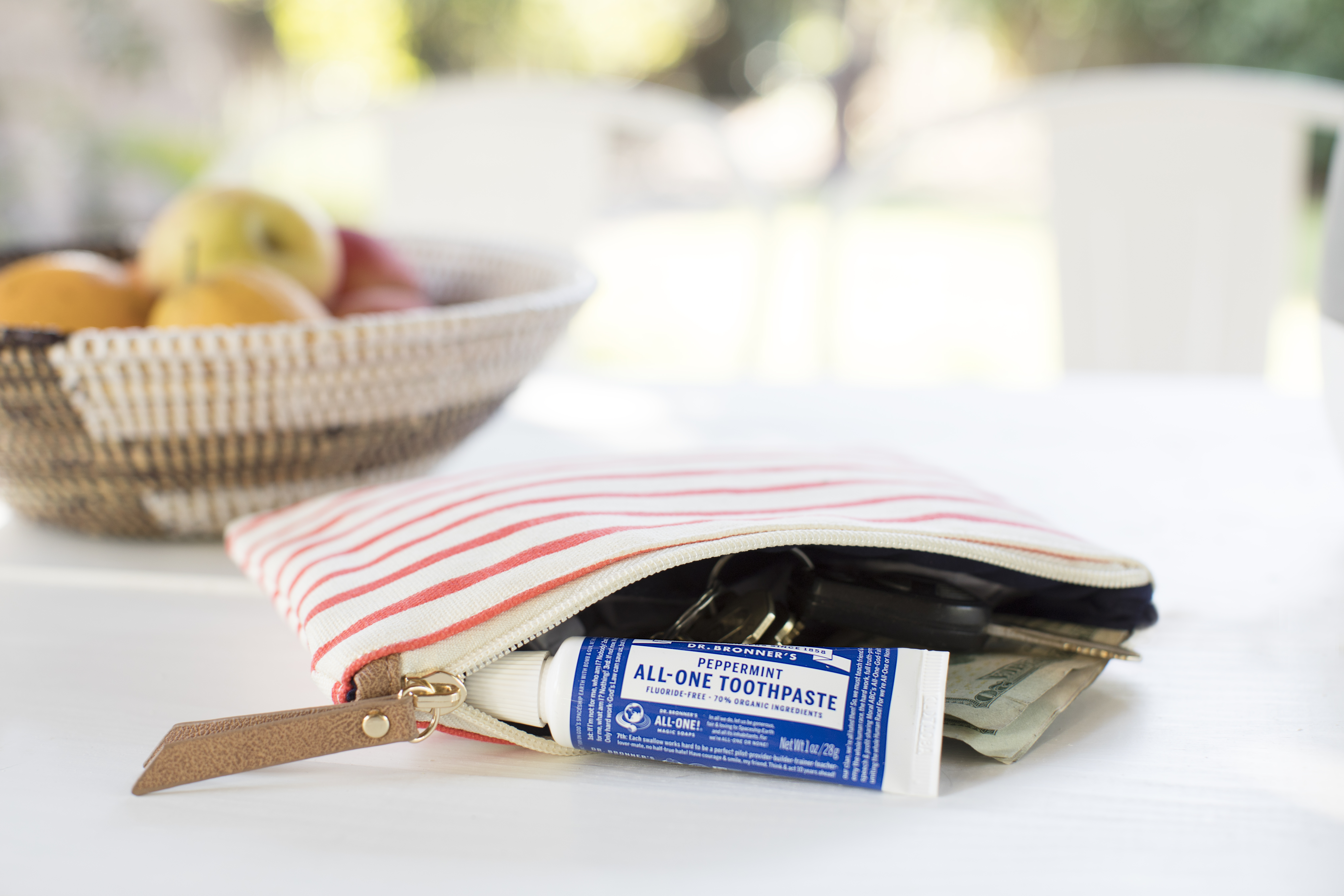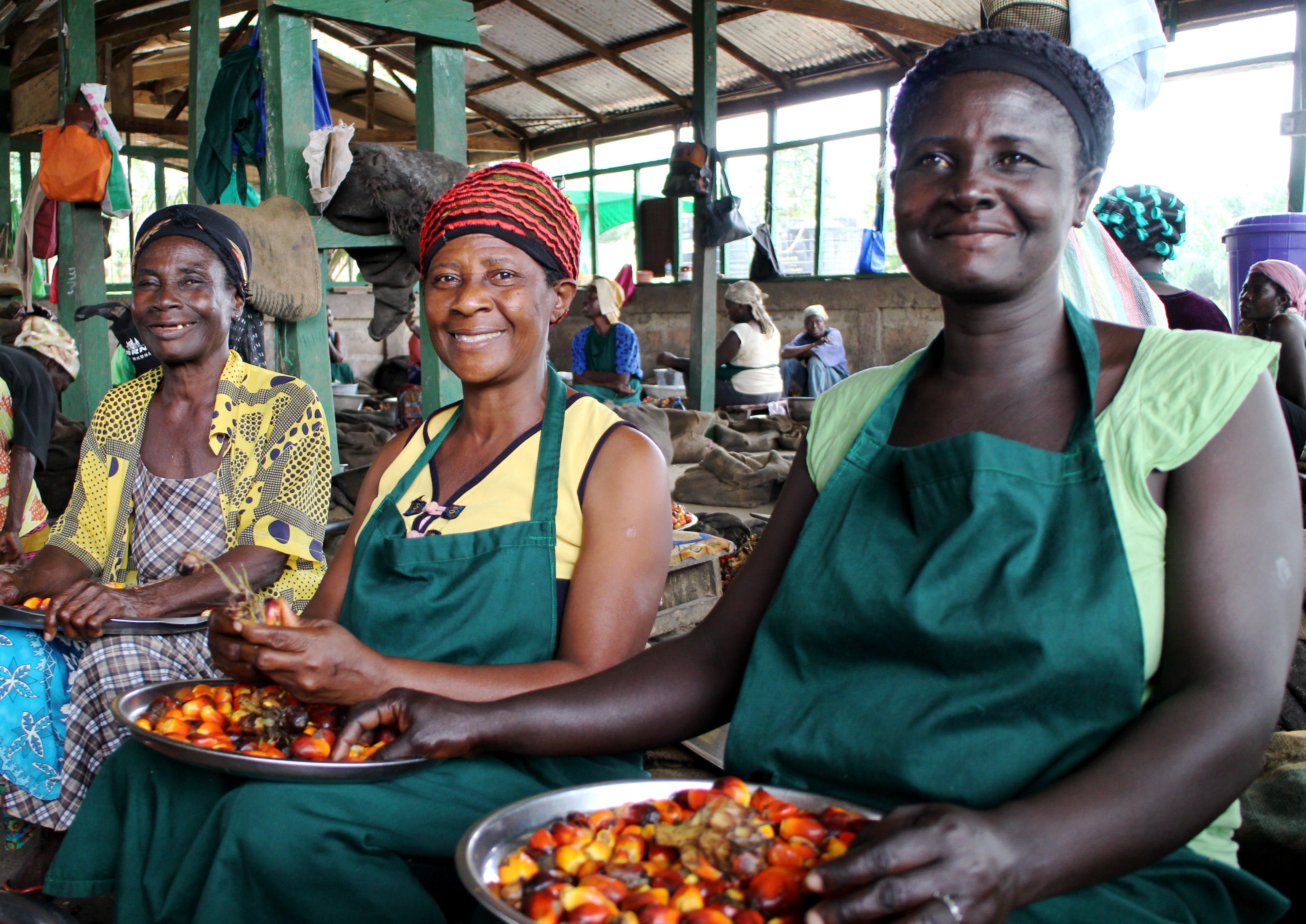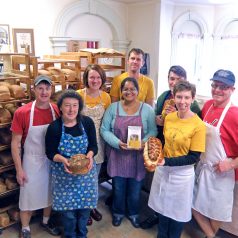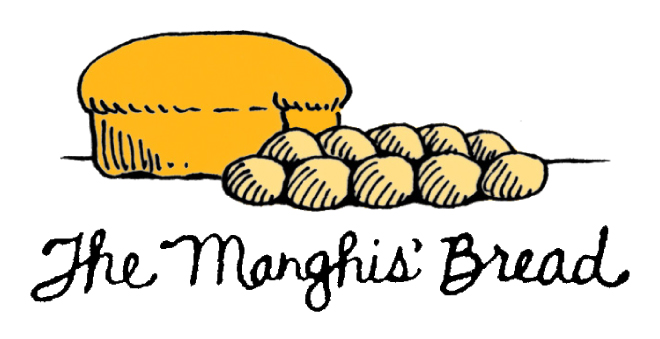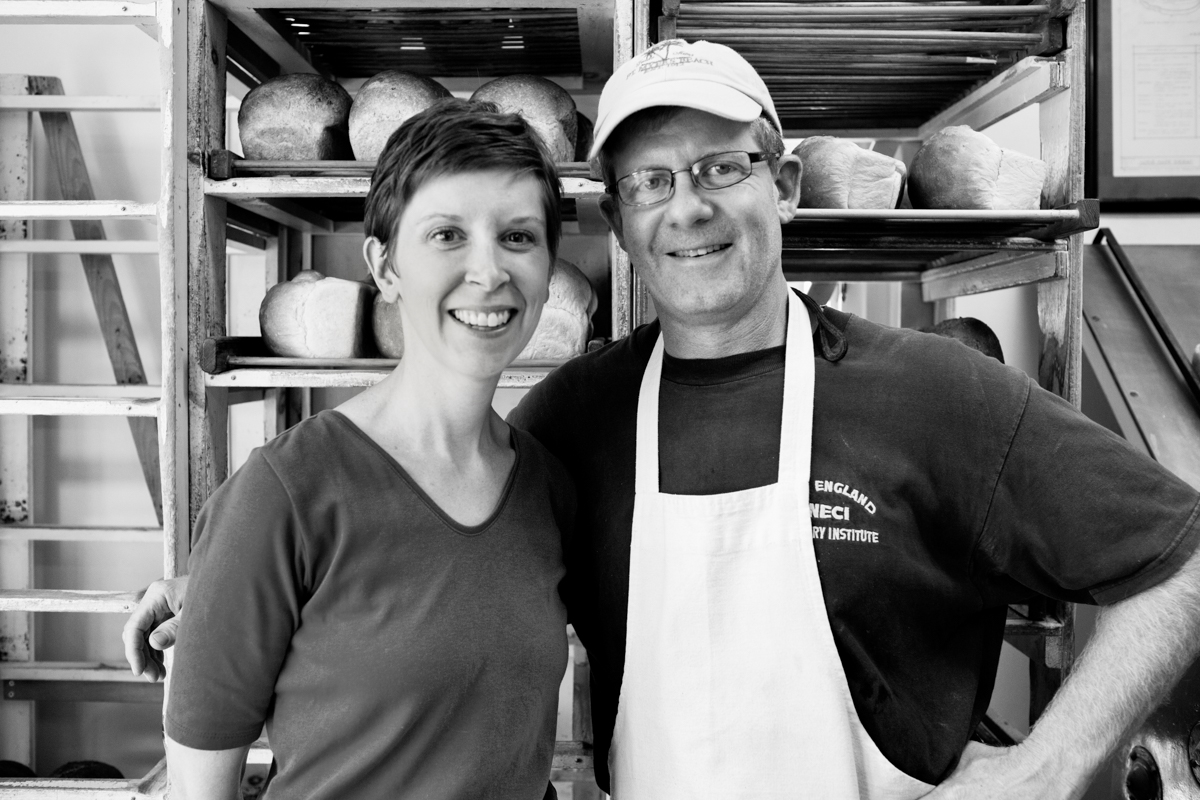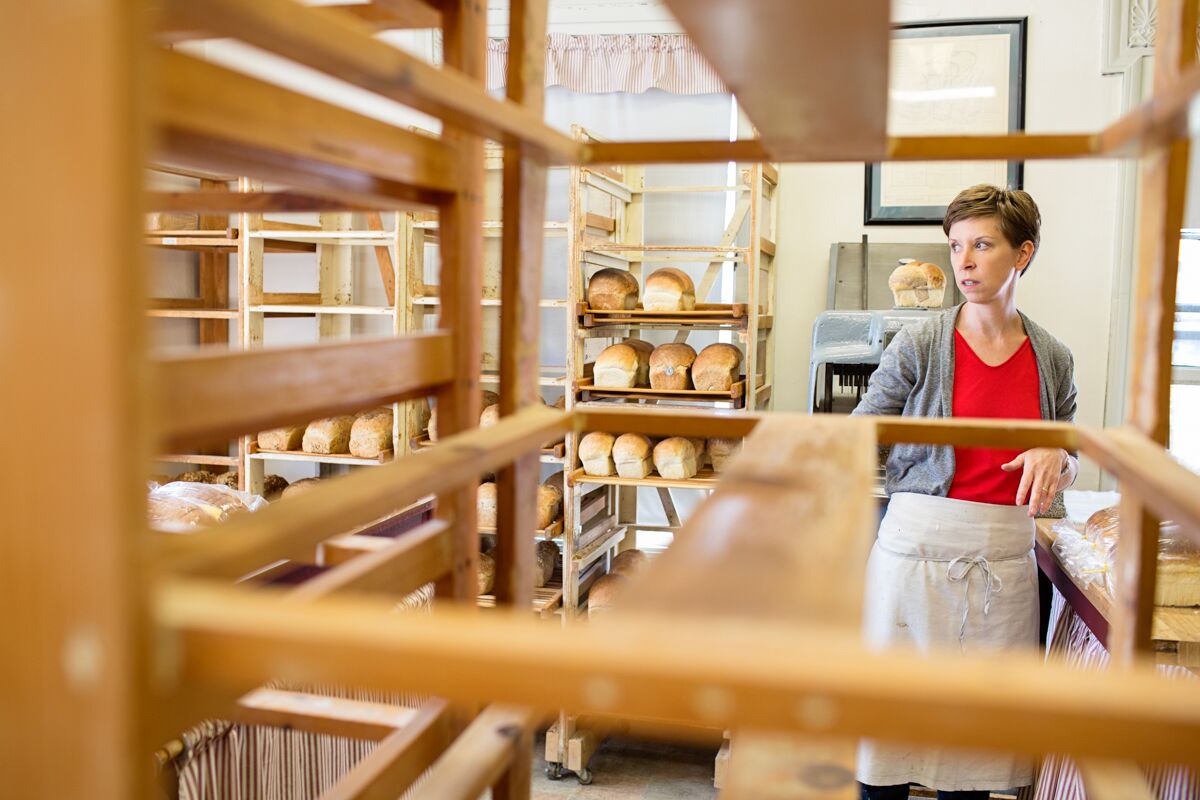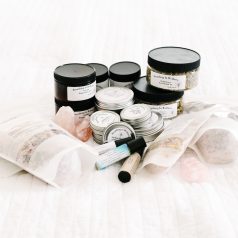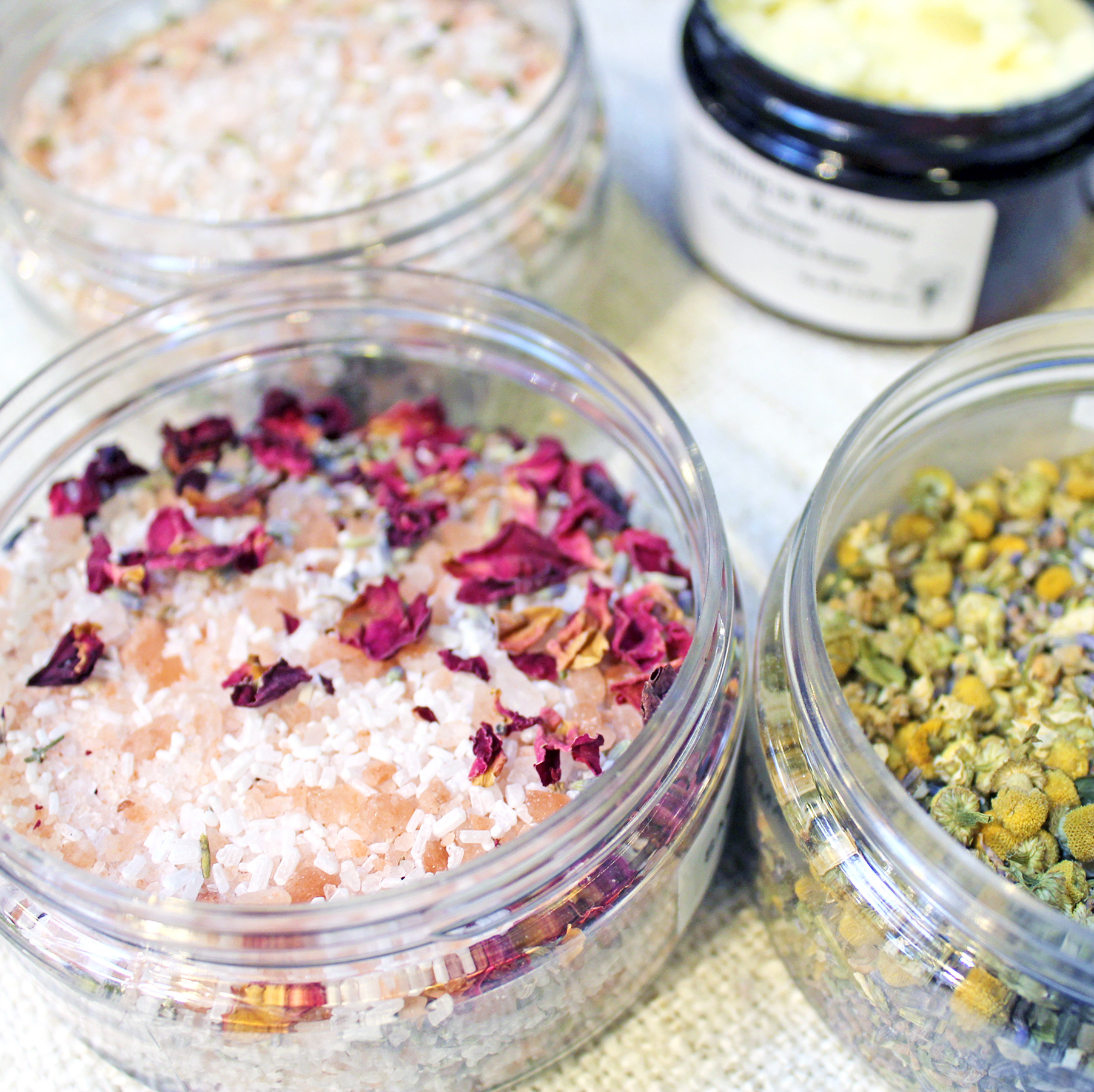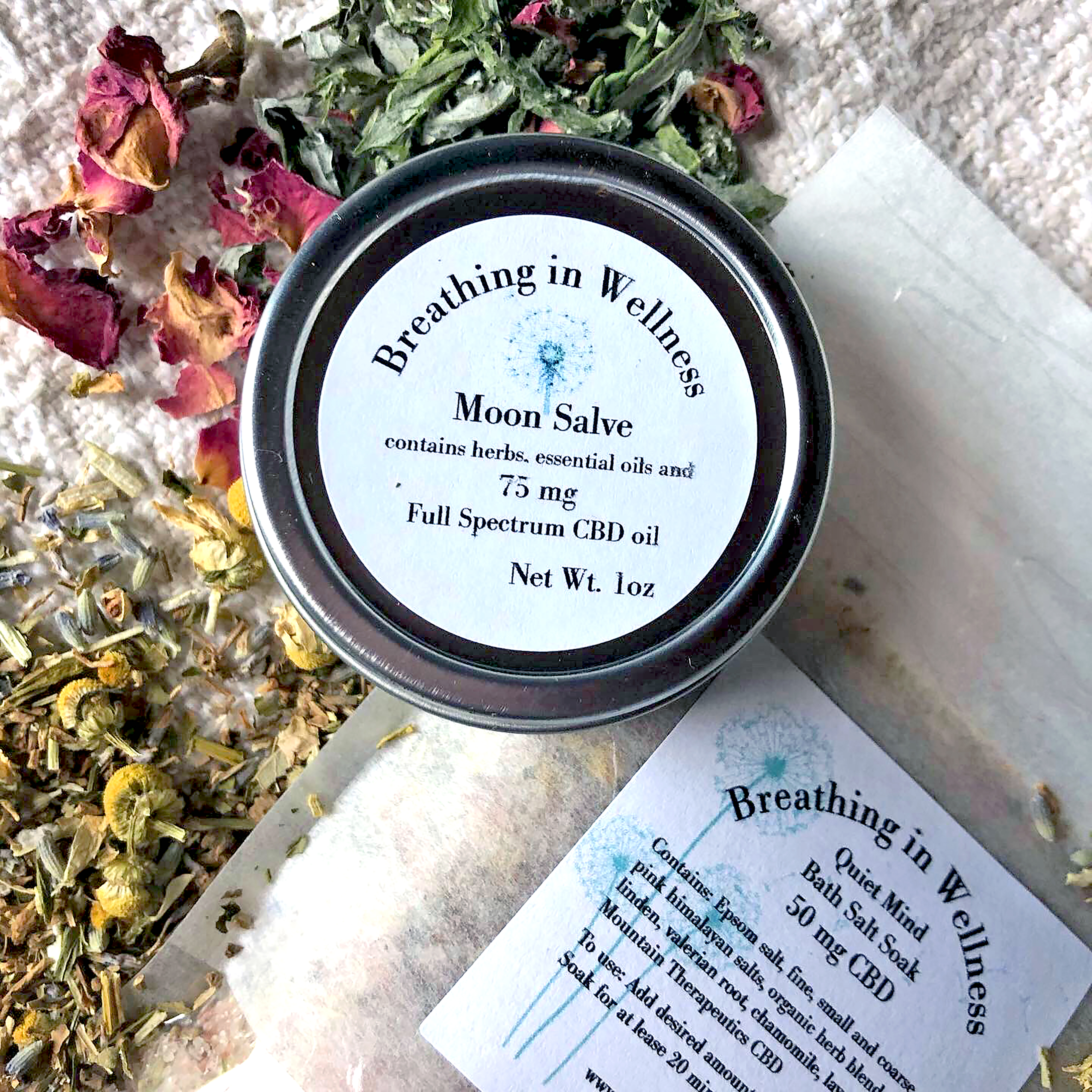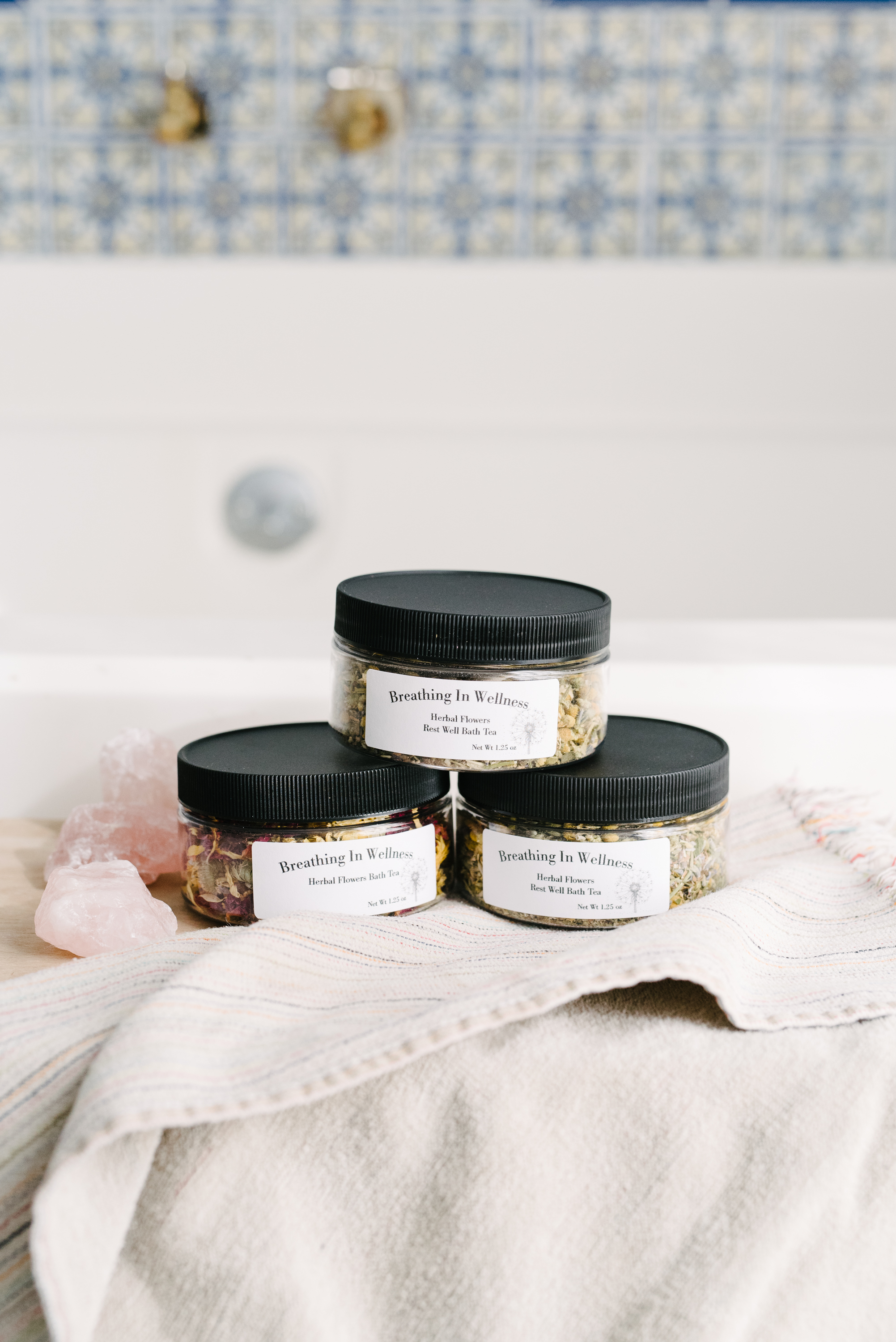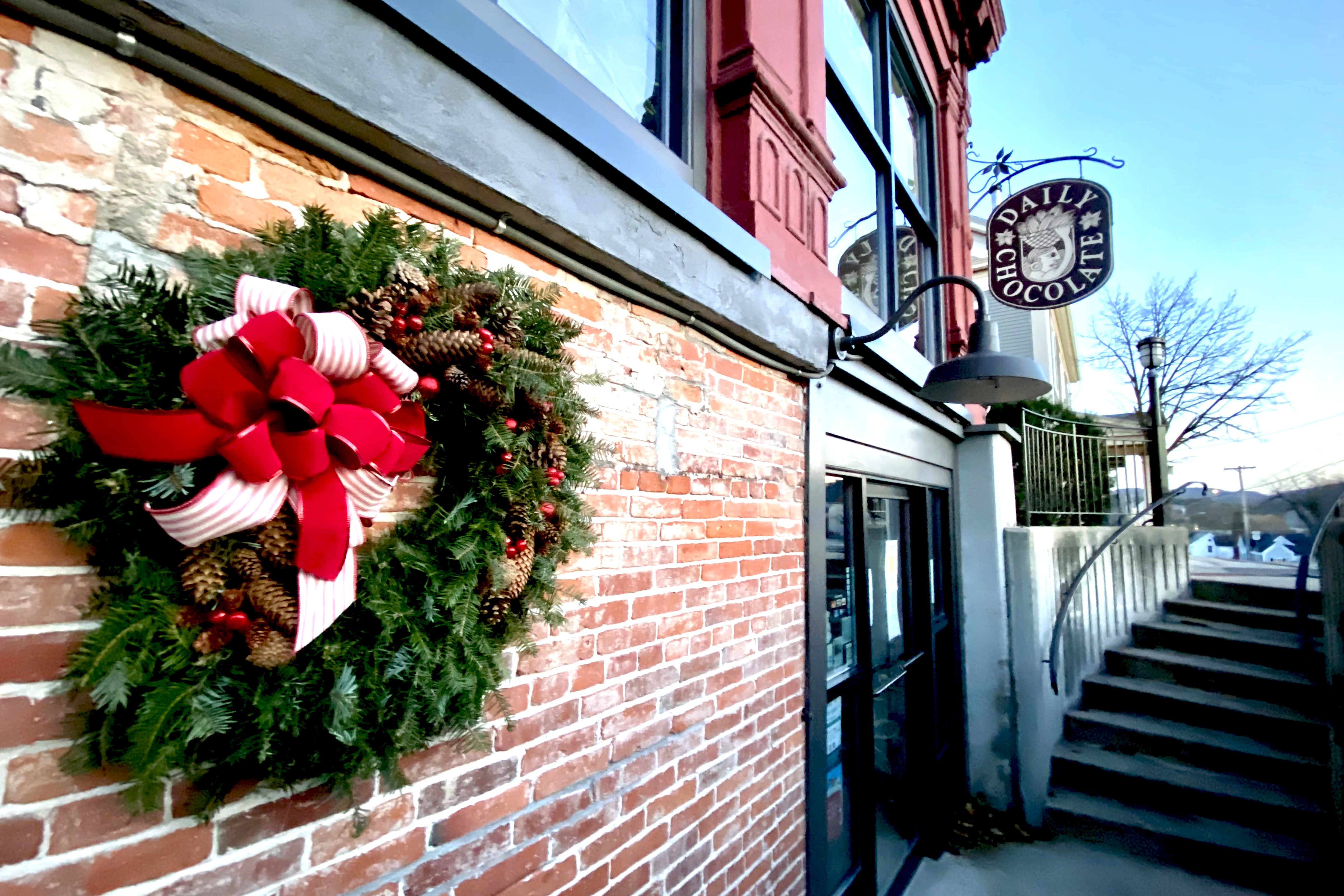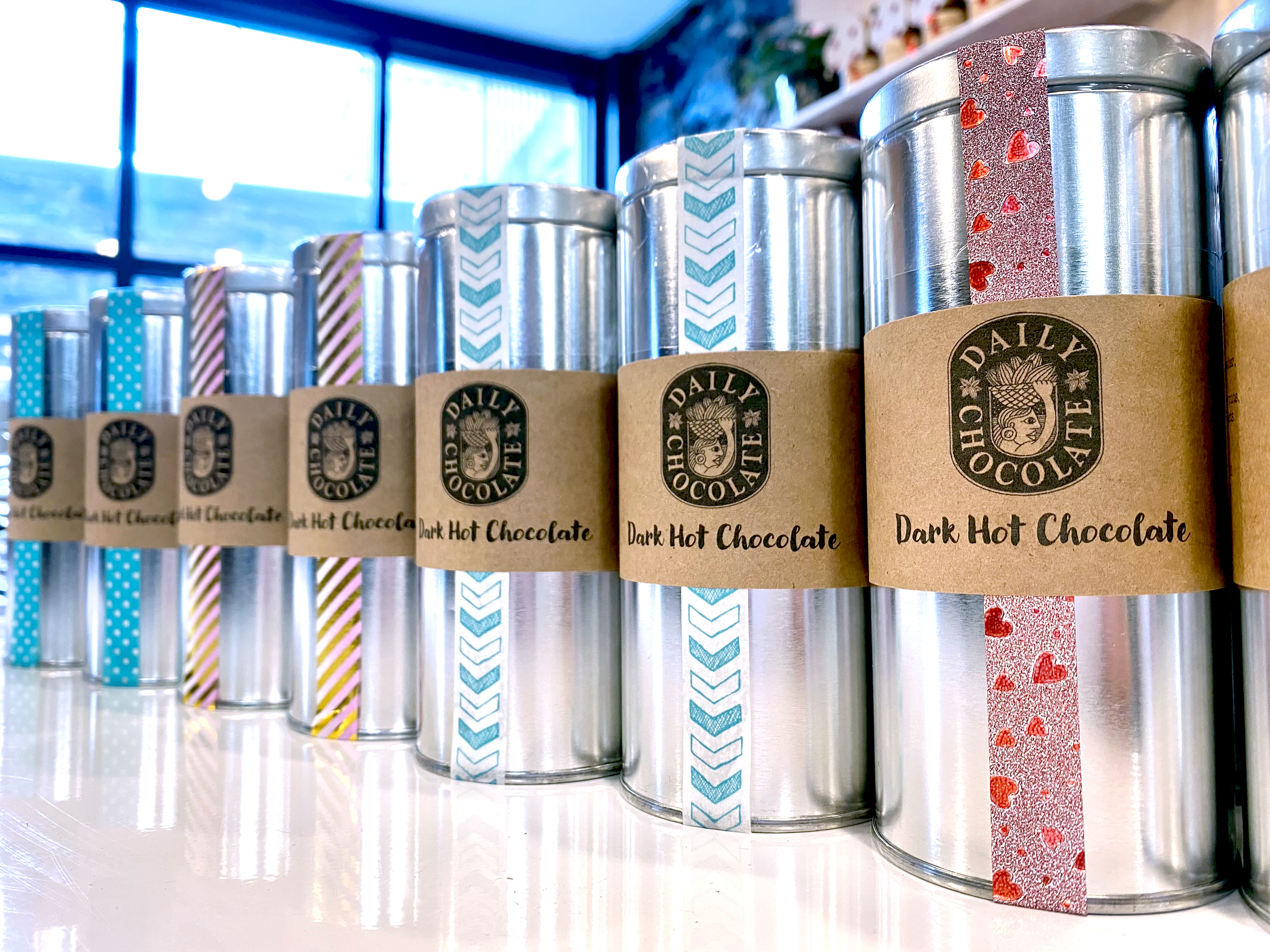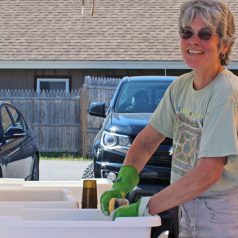
Who and How your Board Serves YOU
Our co-op stands out nationally. Financially, MNFC is notably robust. We are also lucky to have a general manager who has won national awards. Additionally, unlike many co-ops who struggle to recruit and retain board members, our board of directors is remarkably stable and there are consistently more candidates who run than available seats. As Board Development Chair, I’d like to share how our board approaches this unique quality of our co-op.
As a board, we are constantly balancing two distinct needs: 1) authentic representation of the member-owners and 2) consistent leadership to support the general manager. Often, these two needs can feel at odds. We are committed to recruiting new board members to make sure we have fresh voices bringing diverse perspectives to the board room. We are also committed to supporting our general manager–our number one job as a board–and to achieve this, the institutional knowledge and unique skills that come from serving multiple terms on the board are invaluable.
We have discussed term limits for board members and gained insight from our peer co-op boards that do and do not have term limits. Historically, the MNFC board has voted against term limits for two main reasons. First, we have seen organic, steady turnover of the board as a result of the democratic process. In the last five years, there have been six new members out of eleven total seats and every year has resulted in at least one new member joining the board. Second, we are aware of the perils of losing a key board member without a skilled successor–treasurer, or president for example–simply because their term is up.
Diversity and inclusion are central to our work as a board. The board needs to feel like an open and inclusive space for all member-owners, and the diversity amongst member-owners needs to be represented in board seats. Beginning in 2019, we enhanced our recruitment process and expanded opportunities for prospective candidates to learn about the board. Moving forward, we will begin this process even earlier in the year, and provide mid-year opportunities for candidates to explore the opportunity to sit on the board.
We want to hear from you. As a board, what can we do to improve this unique balancing act? Let us know: board@middlebury.coop
Amanda Warren is Chair of the Board’s Board Development Committee.


